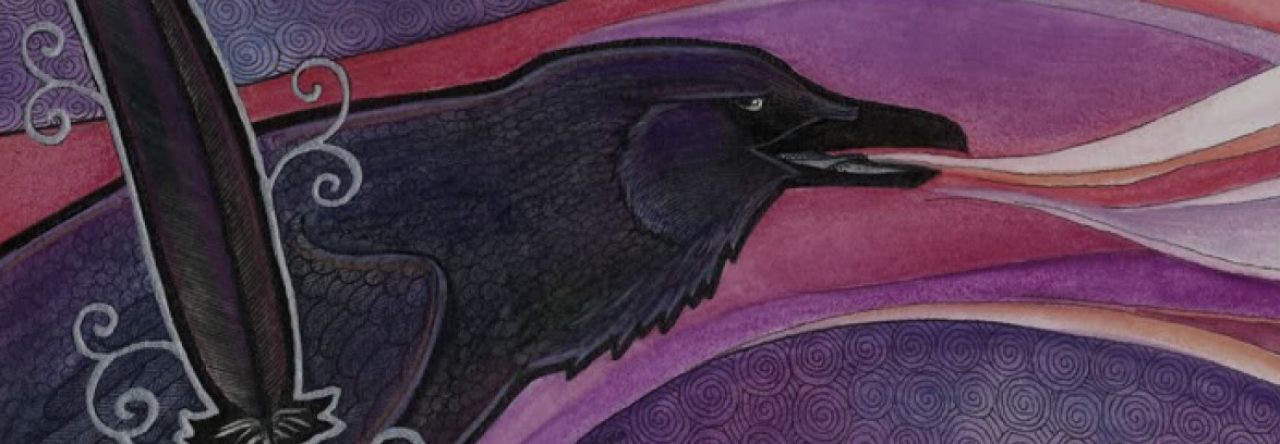I was tagged by Martin Livings in the seemingly never-ending chain of Next Big Thing meme that’s been doing the rounds of pretty much every online writer in Oz (or so it seems).
1) What is the working title of your next book?
At the moment, I’m reworking Shaede, the first book in the Crossing trilogy.
2) Where did the idea come from for the book?
I’m honestly not certain where the original idea came from, I’ve been working in this story universe for so long. I have a long fascination with the idea of a city built around the worship of art and creativity, a place where being a creative is something almost mystical and to be worshipped. Old Quarter’s Crossing, the city which is the focus of the trilogy, is such a place.
3) What genre does your book fall under?
Once upon a time I would have called it urban fantasy. But these days, I see UF being applied more and more to what are, in my mind, paranormal romances. Nothing again PR, but this book isn’t it. So I’d have to say contemporary fantasy.
4) What actors would you choose to play the part of your characters in a movie rendition?
I have no idea. I do spend time working up character sketches, including trying to find photos of people who resemble my characters. I tend to use stock photos, though, not anyone famous, as sources.
5) What is the one-sentence synopsis of your book?
After the unexpected suicide of her boyfriend, Sycamore Brannen takes his ashes back to his home town, Old Quarter’s Crossing, and discovers a place devoted to creation and steeped in magic.
6) Will your book be self-published or represented by an agency?
No agency representation yet, though my plan is to pursue that first, with self-publishing an option to be explored if that doesn’t work out.
7) How long did it take you to write the first draft of the manuscript?
Too long. Also known as, I have no idea. This is currently something like a fifth draft.
8) What other books would you compare this story to within your genre?
What other books would you compare this story to within your genre?
I have to go with Charles de Lint’s Newford books, in feel only.
9) Who or what inspired you to write this book?
I have a wonderful writer’s group and several beta readers who have loved earlier drafts (some have even read more than one draft, the poor things). I was flailing about working on another novel a few months ago, and my astute critique partner persuaded me to give Shaede another go (as it had previously been trunked). Not certain if it’s going to end up being publishable, but it’s a good writing lesson at least. And I get to see how much my writing has improved over the last few years. I actually came close to agent representation with an earlier draft, and I’m glad that didn’t happen, to be honest.
10) What else about the book might pique the reader’s interest?
The Crossing is a city founded on magic and by magic, though few people who live there are aware of that fact. When you walk in a dream all your life, you grow accustomed to it, and no longer see it for a dream. Its only by looking differently that you can see the dream. I want to make people see the magic in their own lives.
I’m now supposed to tag five people to do the meme, but pretty much everyone I know has already completed it. I can find two – Pia Ravenari and Sarah Diemer, it’s your turn.





 What other books would you compare this story to within your genre?
What other books would you compare this story to within your genre?